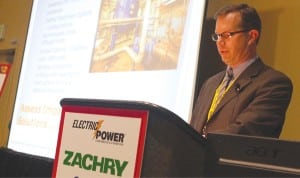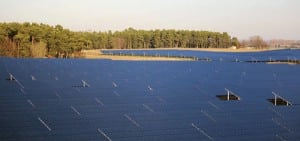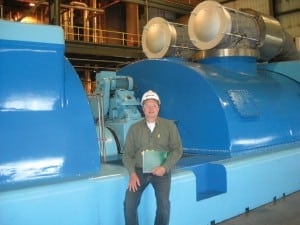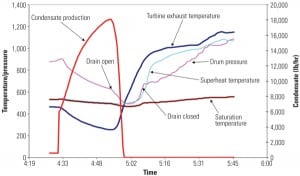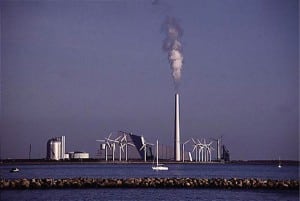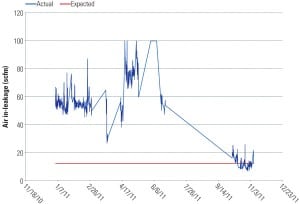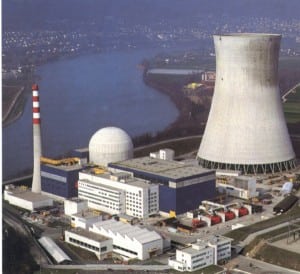POWER
-
Coal
Clean Air, Dirty Water
Efforts by power producers to meet clean air rules mean that wastewater effluent streams now face revised EPA regulations. A skirmish involving a New Hampshire power plant could set the tone for the next battle over regulations.
-
Solar
Large Thin-Film CIS Plant Goes Online in Germany
In May—as a trade war raged between Chinese solar panel manufacturers and exporters and their counterparts in the U.S. and the European Union concerning the world’s plummeting crystalline silicone photovoltaic module prices—a 28.8-MW thin-film copper indium gallium (di)selenide (CIGS or CIS) solar power plant came online. Developers Solar Frontier, the world’s largest manufacturer of CIS […]
-
Nuclear
Fukushima Disaster Continues to Cloud Nuclear Outlook
With new reactors finally under construction, this should be an optimistic time for nuclear power in the U.S. But cheap natural gas, rising construction costs, and the Fukushima accident’s lingering pall have darkened the mood.
-
Gas
THE BIG PICTURE: A Shale Gas Revolution
Large circles represent technical reserves and small (blue) circles represent potential reserves of shale gas, both in trillion cubic feet. Bars on the right represent each region’s existing natural gas–fired generation in 2008 (yellow) and the amount projected for 2035 (blue) in TWh. OECD = Organisation for Economic Co-operation and Development. Data source: Energy Information […]
-
Business
Going the Distance: Online Courses for Power Industry Professionals
Online learning is opening up new opportunities for those unable to attend classes on campuses. Bismarck State College and the University of North Dakota, for example, offer innovative online courses and degree programs to students who want successful careers in the electric power industry.
-
Gas
Europe Dallies with Shale Gas Exploration
Massive offshore shale gas reserves exceeding 1,000 trillion cubic feet (tcf) discovered in the UK in April could catapult that country to the top ranks of global producers.
-
O&M
Startup Purge Credit Benefits Combined Cycle Operations
Combined cycle power plants use fuels and other materials that can cause fires or explosions in the combustion turbine, ducting, or heat recovery steam generator. Purging that equipment with ambient air to displace residual combustible gases before starting is a normal safety practice. But when plants are cycled, the disadvantages of purging often outweigh the advantages.
-
Coal
Denmark Extends Renewables Standard to 100% by 2050
Denmark’s parliament in late March agreed to a new energy strategy seeking to wean the country off oil and gas. It could result in the Nordic country cutting its greenhouse gas emissions 34% by 2020, compared to 1990 levels, and decreasing energy consumption by more than 12%, compared to 2006.
-
O&M
Improve Condenser Performance Through Better Instrumentation
Most power plants use some form of condenser performance-monitoring protocol. Some of those protocols are deficient because the proper instrumentation is not installed to collect the necessary data. Three case studies illustrate how collecting good condenser performance data enabled plant staff to troubleshoot problems and make good plant performance improvement decisions.
-
Gas
Switzerland Contemplates Filling Future Nuclear Energy Gap
A model of Switzerland’s energy future to 2050 that abides with the country’s post-Fukushima decision not to build any new nuclear power plants suggests the phase-out could cost nearly $33 billion.

